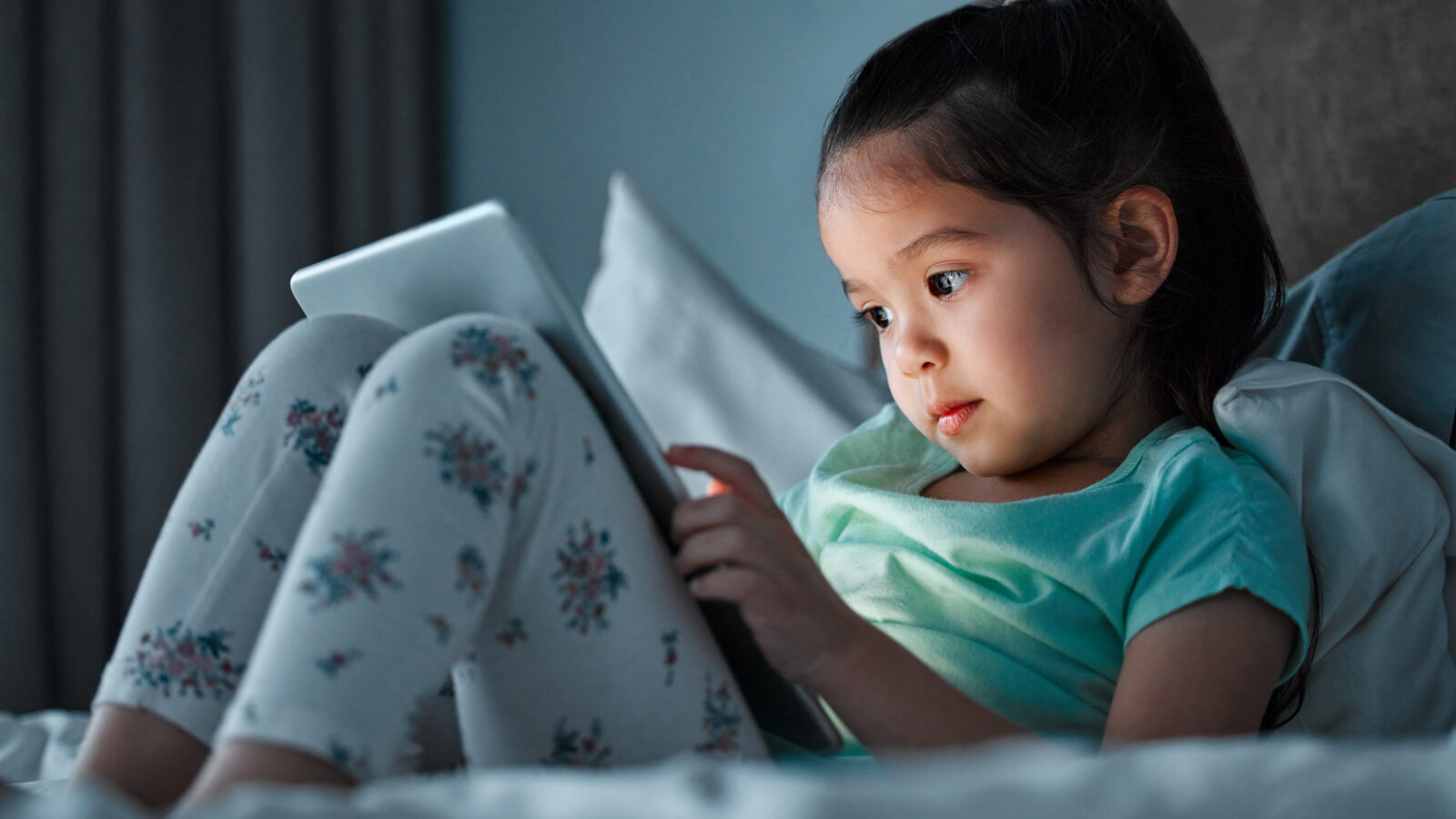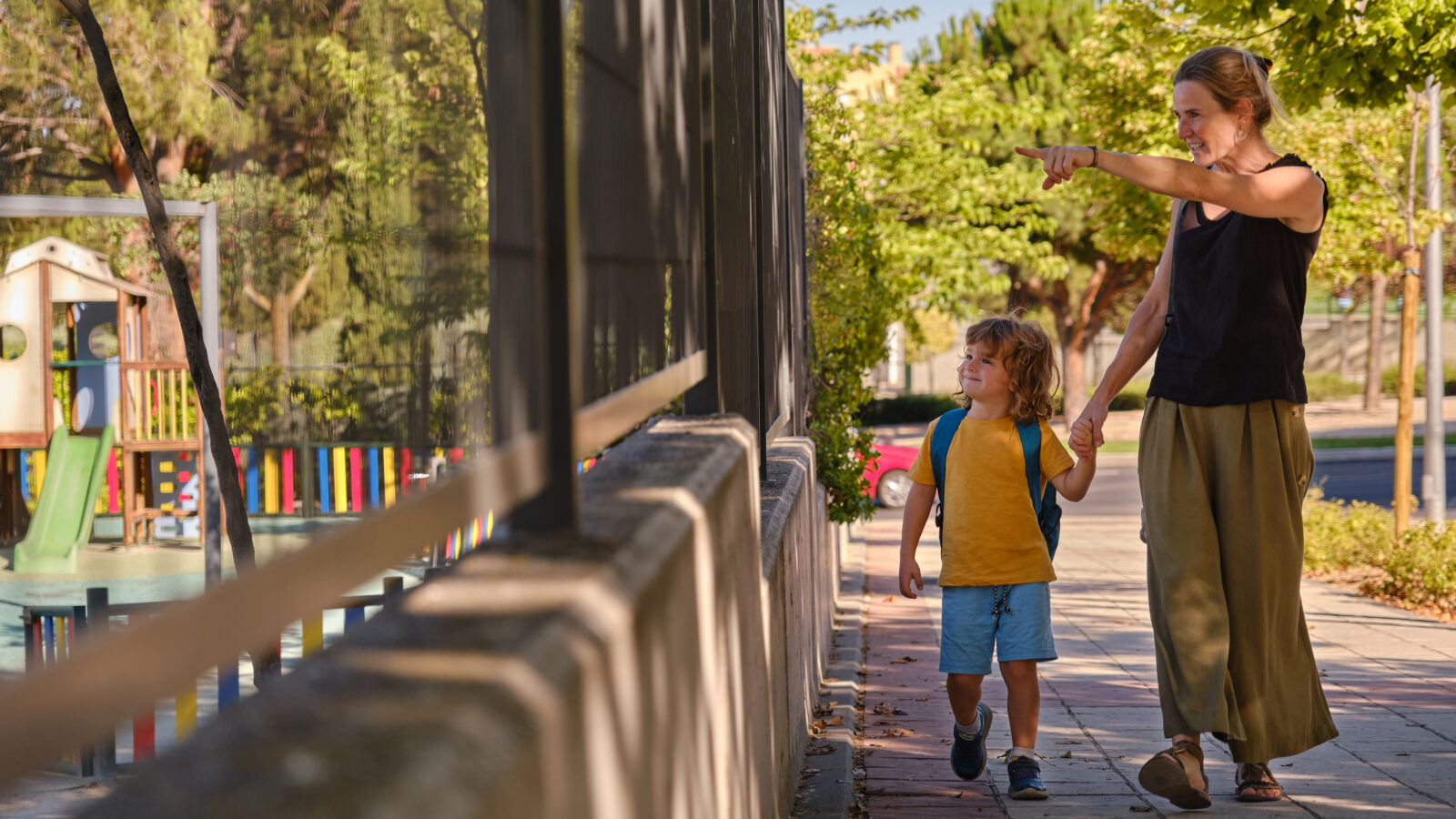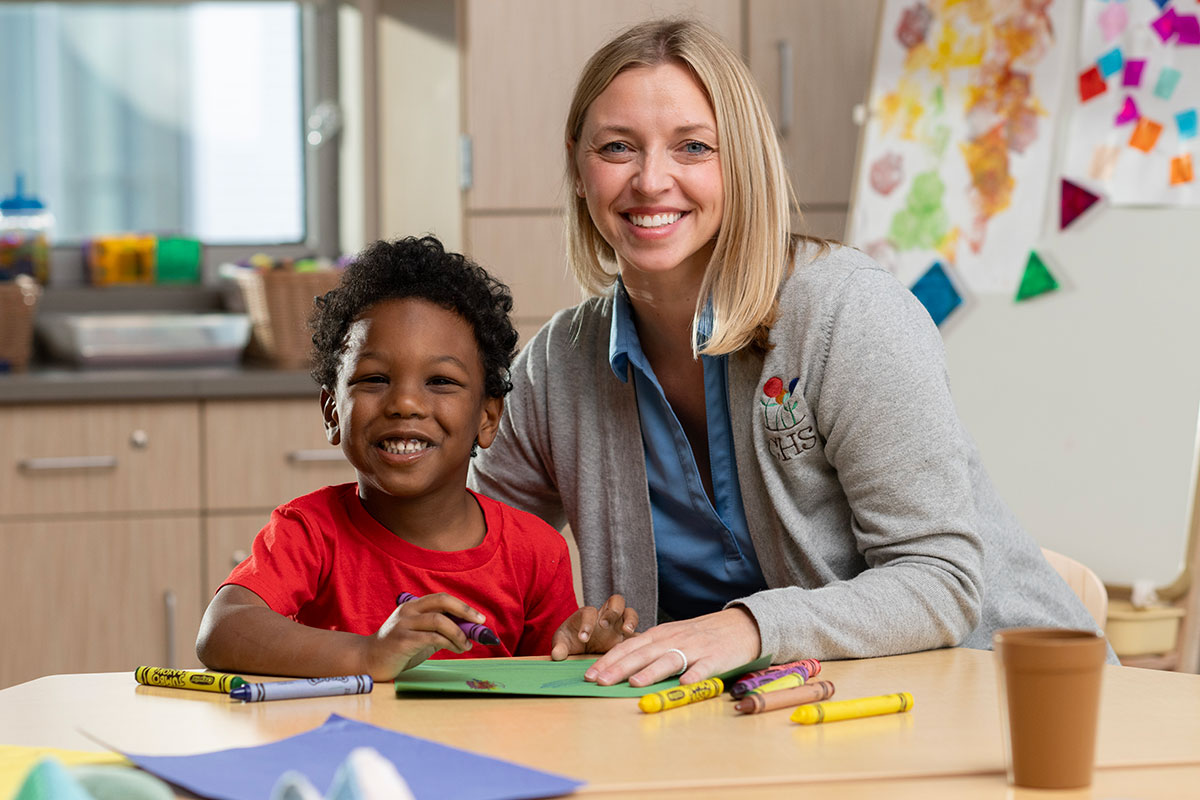Technology Tips for Limiting Screen Time

You have 101 things to do, and you need something to occupy your child while you check things off your list. You give your child a tablet or place them in front of the television, but immediately begin to feel guilt creep in. It happens to the best of us: planting your child in front of a screen to have a bit of peace and quiet to get things done. Our children are growing up in the digital world where screens are everywhere, with screen time growing rapidly compared to previous generations.
Pediatric and adolescent researchers have been trying to determine the right amount of screen time for children and encouraging parents to proactively manage it. Studies have found that increased screen time for children under the age of two is linked to delays in cognitive, language, social, and emotional development. When a child is placed in front of a screen, their attention is passively occupied. Although you may be getting more things done, your child is not actively engaged. A child is typically mindlessly glued to a screen not talking, walking, or participating in any sort of social exchange.
Fear not! You don’t have to completely eliminate screens from your routine. It’s more about establishing a healthy media plan to manage screen time and finding different ways to engage your child while also supporting their development. Like all change, adjusting your family’s approach to screen time can be difficult at first for both you and your child, but it will be worth it in the end. Your child can have better focus, emotion control, and long-term academic success with early management of screen time.
Experts recommend developing a screen time plan with high-quality content as your focus, including educational videos to learn letters, numbers, or colors. Supervised screen time will help guide your child’s understanding of what they are watching and encourage them to engage with the content, rather than being mesmerized by the screen.
Your personalized media plan should still fit into your family routine, but adjusted to be used more thoughtfully without neglecting important activities such as family interaction, engaging play, and sleep. You can find a family media planning tool here that can guide your family’s individual needs. Some tips to begin managing your child’s screen time include:
- Increasing educational programming with content such as PBS Kids or the popular YouTube channels Ms Rachel – Toddler Learning Videos and Blippi – Educational Videos for Kids;
- Actively participating in screen time for children under the age of two;
- Limiting non-educational screen time to only one hour per weekday and three hours on the weekend for children aged two to five;
- Eliminating screens 30 minutes to an hour before bedtime;
- Avoiding using technology as an emotional pacifier (i.e., to stop a tantrum) and;
- Modeling limited screen time of your own (adults are guilty of too much screen time too!)
Here are a few alternative activities that you can do with your child to keep their minds engaged:
- Imitation Play – Combine learning and play! Children often enjoy imitating adults, and this can be applied to your normal household tasks. While you’re cooking, your child can play alongside you with toy pots and pans.
- Creative Materials – Introduce activities that stimulate curiosity and creative thinking such as age-appropriate art supplies.
- Play Dates – Substitute a screen date for a play date with other children. Face-to-face interactions will encourage social skills like sharing and verbal expression. While play dates still require supervision, children can keep themselves entertained, allowing more freedom to get things done.
There is no perfect way to do screen time. Don’t be too hard on yourself if your child has days where screen time is increased. Screens are inevitably a part of our daily lives. Managing your entire family’s screen time is all about moderation, modeling positive use of electronics, and finding more opportunities for learning while still recognizing both you and your child deserve a break and can actually benefit from the right content.




